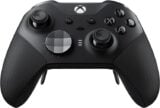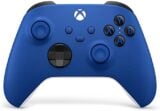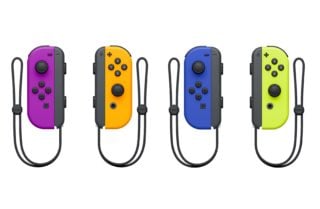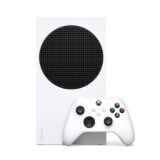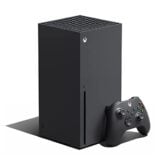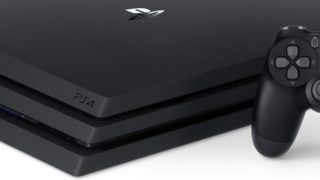Microsoft calls for Xbox drifting lawsuit to be taken out of court
Corporation argues plaintiffs “agreed not to bring a lawsuit like this” via Services Agreement

Microsoft has called for a class-action lawsuit over ‘drifting’ Xbox controllers to be taken out of the courtroom, by compelling arbitration.
The lawsuit, which was filed in April last year on behalf of several Xbox users, alleges that drifting issues – which see controller movements incorrectly registered due to wear – have been experienced by a large volume of Xbox owners across various controller models.
The suit alleges that the drifting issues are caused by a design flaw in Xbox controllers, which it claims Microsoft is aware of and failed to disclose to customers.
In October, an amended complaint was filed, adding an additional seven plaintiffs and demanding a jury trial to address the allegations against Microsoft.
Now a new motion by Microsoft has called on the Washington Court to compel arbitration, which the corporation argues is in accordance with the Services Agreement the plaintiffs agreed to when they purchased their Xbox controllers.
Arbitration would see the individual drifting disputes resolved outside of the courtroom by an impartial adjudicator, whose decision would be final and binding.
According to Microsoft’s motion, each plaintiff included in the class-action agreed to Microsoft’s Services Agreement – and thus, arbitration – by using Xbox Live and the controllers themselves.
“Plaintiffs repeatedly agreed not to bring a lawsuit like this in court,” Microsoft wrote in its latest motion.
“Instead, they assented to the Microsoft Services Agreement (‘MSA’) and to warranty agreements in which they promised they would arbitrate disputes on an individual basis using a consumer-friendly process before the American Arbitration Association (“AAA”). The Federal Arbitration Act requires enforcing these agreements.”
Last year, a Washington federal judge granted arbitration for a similar ‘drifting’ class-action against Nintendo, which could possibly set a precedent in the Xbox case.
The original class-action claims that the Xbox drifting issue is caused by a controller defect related to the potentiometer within the joystick component—the mechanism that translates the physical movement of the thumbstick into movement within software.
It alleges that this component contains a known design flaw related to a grease-like lubricant, which causes resistive material scraped off a curved track to cause unwanted movement without input from the user.

The lawsuit alleges that Microsoft is fully aware of the drifting defect after numerous online complaints received from its customers, and yet “failed to disclose the defect and routinely refuses to repair the controllers without charge when the defect manifests.”
It claims that the plaintiffs’ experiences are not isolated and that “a large volume of consumers have been complaining about stick drift on Xbox One controllers since at least 2014.”
In October 2020 Microsoft confirmed it planned to extend the warranty of its Xbox Elite Series 2 controller, just a few weeks after the class-action lawsuit was amended to include the premium game controllers.
Nintendo is arguing that Switch Joy-Con drift “isn’t a real problem or hasn’t caused anyone any inconvenience”, according to US law firm CSK&D, which is working to pursue a class action lawsuit through the arbitration process.
Last September, Nintendo was hit with a separate Joy-Con drift lawsuit which accused the company of planned obsolescence – a policy of producing goods designed to break down so that they need to be replaced.
